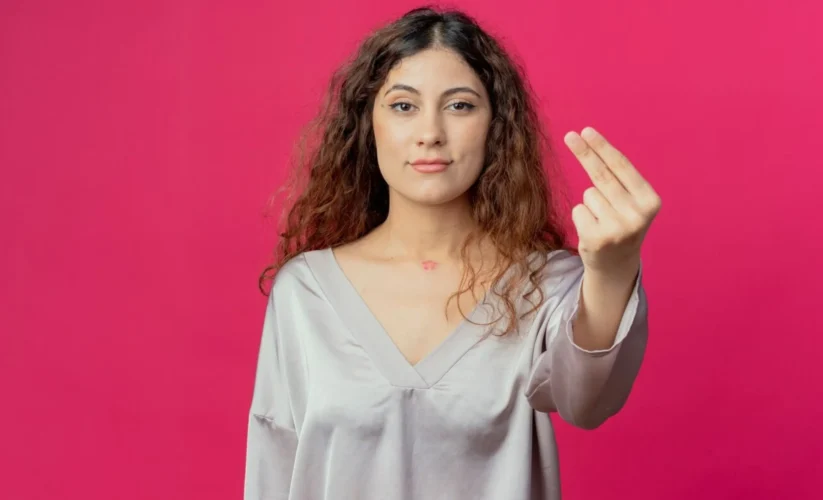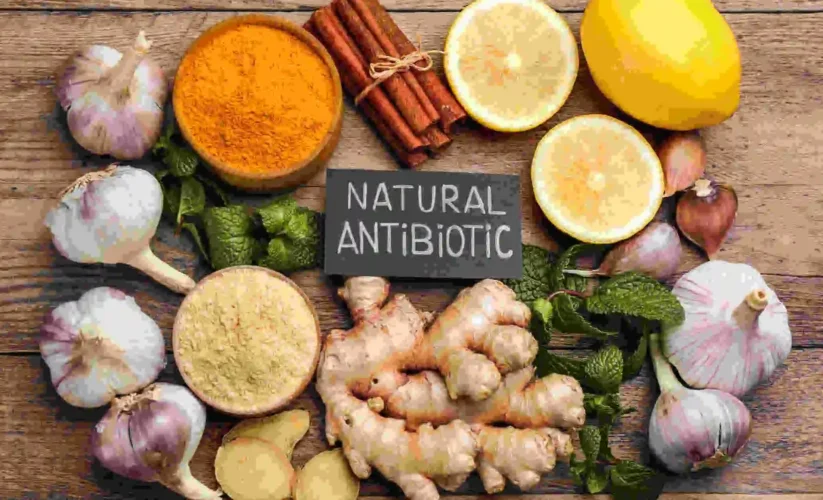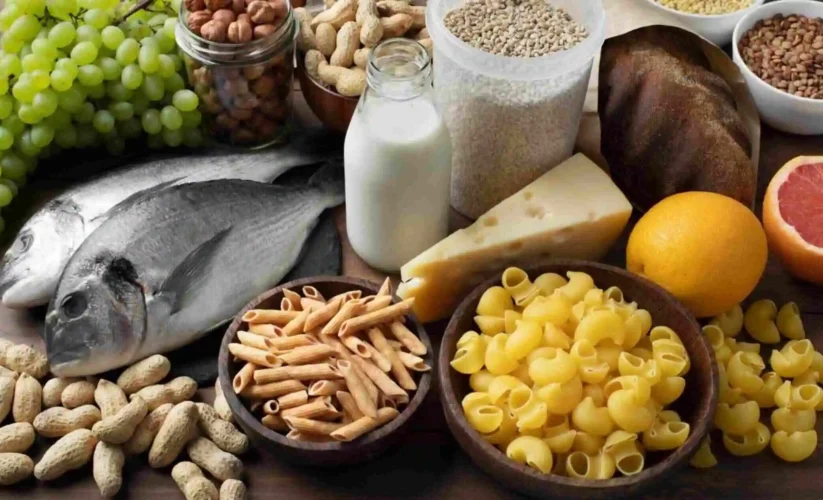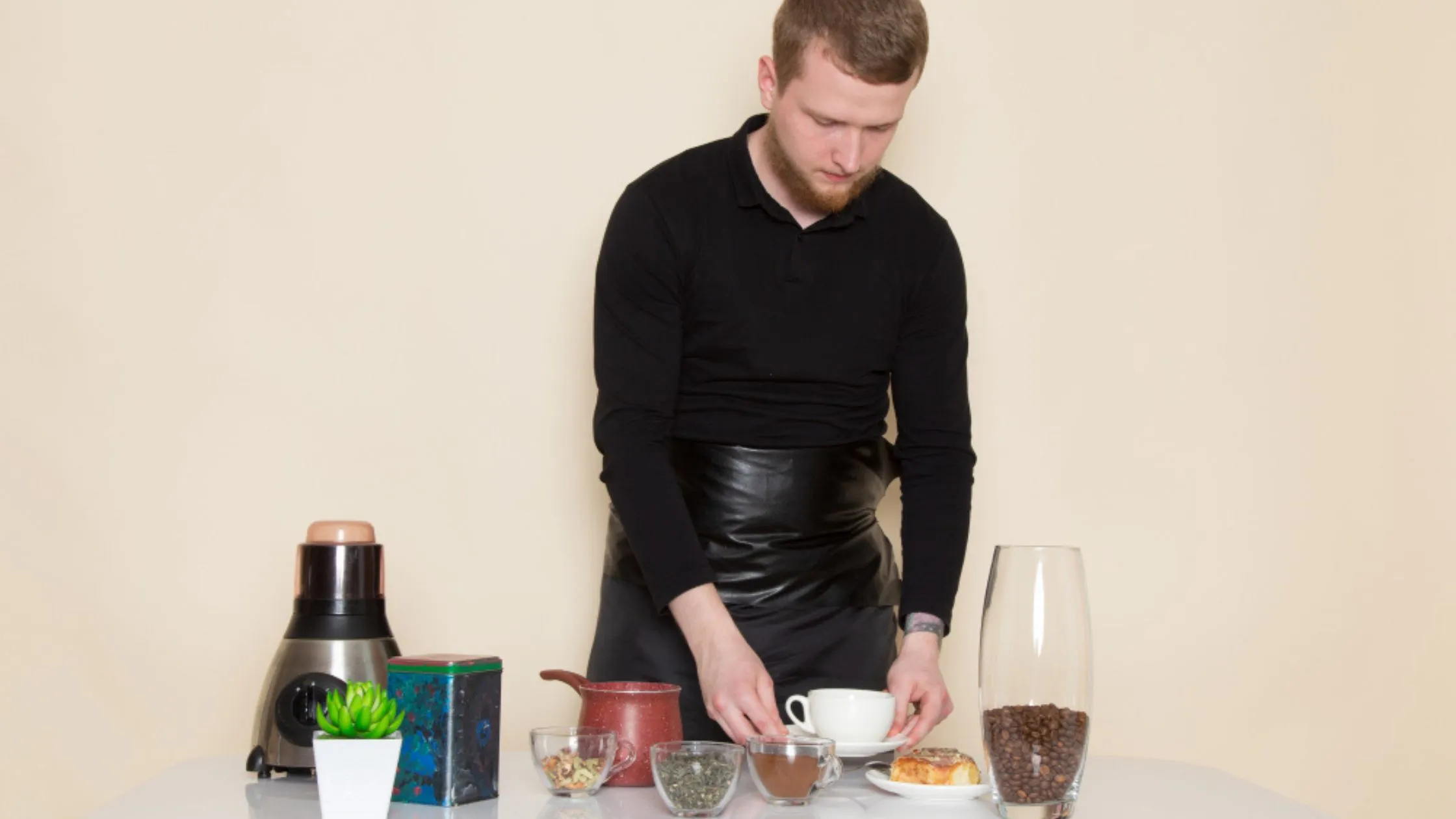
At What Age Does a Woman Stop Ejaculating? Understanding Female Health and Aging
Women can experience something called female ejaculation or squirting, which is a normal and healthy part of female sexuality. It can happen at any age, and there’s no specific age when it stops. It varies from person to person. Some women may keep experiencing it throughout their lives, while others might have it less often or less intensely as they get older because of hormonal changes.
Knowing at what age does a woman stop ejaculating and taking care of your sexual health involves exploring your own body, practicing masturbation, and dealing with any emotional or psychological factors that might affect your sexual well-being.
Dispelling myths about woman stop ejaculating
Before getting into ‘at what age does a woman stop ejaculating’ let’s clear up the confusion about female ejaculation:
Clarification on Misconceptions:
– When women experience sexual stimulation, they can release fluid from the Skene’s glands, and how much and what it looks like can be different for each person.
– Female ejaculation is not just urine, as some people might think. It’s a special fluid made by the Skene’s glands to help lubricate the opening of the urethra.
– Female ejaculation can happen during arousal or orgasm, but it’s not always connected to having an orgasm. These are separate bodily processes.
– The amount and appearance of the fluid can be very different from person to person, ranging from a small amount to more, and it may not look like what you see in adult films.
Debunking Stereotypes Regarding Female Ejaculation:
– Studies on ‘at what age does a woman stop ejaculating’ show that female ejaculation is common, with estimates suggesting that 10% to 50% of women may experience it involuntarily at some point in their lives.
-Researchers still don’t fully understand the biological purpose and exact mechanisms of female ejaculation, emphasizing the importance of more studies in this area.
– Trying G-spot stimulation and foreplay can increase the chances of experiencing female ejaculation, but it’s crucial to approach these activities with comfort and relaxation.
Benefits of Ejaculations
Female ejaculation, a natural and diverse aspect of sexual health, can offer various benefits beyond pleasure.
Some potential benefits include:
-When women release fluid during ejaculation, it might help lower stress.
-Female ejaculation could have positive effects on the immune system.
-Some research hints at a possible connection between female ejaculation and a healthy heart.
-Engaging in female ejaculation might play a role in lowering blood pressure.
Even though we don’t completely understand at what age does a woman stop ejaculating, it’s important to know that it’s a normal and healthy part of sex. Doing things that cause female ejaculation can release hormones like endorphins and oxytocin, which make you feel good and improve your emotional well-being.
We should clear up misunderstandings about female ejaculation to better understand and accept this natural occurrence.
Age-Related Factors
Before learning at what age does a woman stop ejaculating, one should know that different things can affect their ability to have female ejaculation and their overall sexual function. Some of these things include changes in hormones, like a decrease in estrogen during menopause. This change can impact the production and release of fluids related to female ejaculation.
The strength of the pelvic floor, which is the muscles in the pelvic area, may also weaken over time. This weakening can affect how often and how intense female ejaculation is. Medications like hormone replacement therapy, menopausal hormone therapy, or antidepressants can also play a role in sexual function and ejaculation.
Certain health conditions, such as diabetes, neurological disorders, or issues with the pelvic floor, can influence the physical processes involved in female ejaculation. Additionally, psychological factors like stress, anxiety, or concerns about body image can affect sexual arousal and response, including ejaculation.
As women age, changes in libido (sexual desire) and how often they engage in sexual activity can also impact the frequency of female ejaculation.
Continuation of Female Ejaculation
Women of all ages can naturally experience female ejaculation. Research shows that women can have two types of ejaculations: a small amount of milky fluid from the prostate and a larger amount of clear fluid from the bladder. Despite past debates and misunderstandings, science proves that female ejaculation is real.
It’s important to dispel myths about ‘at what age does a woman stop ejaculating’, like thinking it’s urine or a sign of a problem. To promote a healthy view of sexual health, we should acknowledge the different sexual experiences.
Sexual Health and Aging
As people get older, their sexual health and overall well-being are connected, and society’s ideas about sex can affect them. Sometimes, as we age, what society thinks about sex changes, and this can lead to misunderstandings or negative views about older people being sexually active.
To address ‘at what age does a woman stop ejaculating’, it’s important to encourage a positive and inclusive attitude toward sex at all ages. We should understand that sexual health is a basic part of life that changes as we grow older, and everyone should feel confident in taking care of their sexual well-being, no matter their age.
Female sexuality can undoubtedly change with age. However, there’s no specific factor regarding at what age does a woman stop ejaculating. Focusing on open communication, exploring individual pleasure pathways, and maintaining healthy sexual practices can empower women to enjoy fulfilling sex lives throughout their lives.





